We are experiencing the modern day “Gutenberg moment”. Just as in the 13th and 14th centuries, once again advances, or rather leaps, in technology are driving fundamental changes in the way we communicate, the way information flows in different networks, the way we perceive the world around us, and the way power is distributed in our society.
But there is still a long way to go in harnessing the tremendous opportunities of modern technologies, digitalization, and data for the improvement of society its services and not least in reforming and defending democracies.
Sitra’s 2023 Megatrends have identified the global disputes and tensions of the direction of technological development, the accumulation of digital power and how it affects our societies and what are the best means of protecting citizens and a fair market environment. This is happening in tandem with the deepening battle for democracy’s survival.
These seismic shifts are accelerated by a concept that Sitra has coined as digital power. Digital power is something that is deeply embedded in the fabric of modern society and is concentrated in the hands of big tech and data giants or authoritarian governments. Forms of data-driven digital power includes the ability to influence individuals, communities, technological development, and the ability to predict the future. The bigger the player, the more data it has, the more scope for influence and power it has.
You might be interested in
To sum it up: Digital power is the ability to connect the dots between different types of data points and between different data layers. It’s about knowing or anticipating how people behave and their ideas flow.
Why is understanding the forms and dimensions of digital power so crucial from democracy’s perspective? We need to comprehend that the manipulation of individuals is a billion euro business. It so big that we don’t have the capacity to understand what kind of power record-breaking market values and turnovers create. And this arms race for our hearts and minds is only accelerating.
Functioning democracies need an informed citizen
In democracies we have relied on the informed democratic citizen, who has the capacity to decide autonomously who deserves our vote or who is best to represent our interests and ideals. This not the case anymore, as the informed citizen has transformed increasingly to a consumerist citizen.
Consumption of information has transformed from the need to know to the need for gratification. Our information space and thus our realities have diverged making it harder to agree on the facts let alone on the decisions.
Civic Tech enables citizens to participate directly in decision-making processes, for example by voting, submitting initiatives or participating in debates.
One way to protect democracies and the democratic citizen in this new information environment with overly concentrated digital power would be to invest in the development and deployment of civic tech or democracy technologies. Civic Tech (or Dem Tech) is an umbrella term for a range of digital services that enables citizens to participate directly in decision-making processes, for example by voting, submitting initiatives or participating in debates. Unlike social media Civic Tech is designed from the outset for the purpose of practicing democracy.
It is important to realise that as with other parts of our day-to-day lives, participation in decision-making will be increasingly digitalised. But civic tech is not a magic bullet or quick fix for democracy unless we manage to create a holistic digital democratic infrastructure.
You might be interested in
Democratic Society’s Anthony Zacharzewski makes a solid argument in his article that Civic Tech needs to move away from the current single-event model and embrace longer-term models of engagement.
“Creating the digital elements of democratic infrastructure would help both citizens and decision makers. Decision makers and process-runners can choose between a range of digital platforms to publish their ideas for comment, hold online discussions or start a conversation.
What they don’t have access to, unless they pay ever-increasing prices for social media advertising, is a ready-made community of well-informed people who are aware and active and able to participate in deliberative processes with confidence,” Zacharzewski argues.
European policy makers need to have the courage to invest and give room for Civic Tech experimentation.
New inventions let alone infrastructure in Civic Tech will not be achieved without investment, including public. European policy makers need to have the courage to invest and give room for experimentation.
As democracy is shrinking and retreating globally, securing the conditions for practicing democracy and the resources for renewal should be seen as a broader investment in the future and resilience of a system that has so far proven to be the best form of governing. It has also guaranteed the best environment for growth, investment, and innovation. Not to mention the most equitable and accessible system for individuals.
This text was amended from Veera Heinonen’s speech at MyData Conference 2023. Sitra was a partner of the conference.



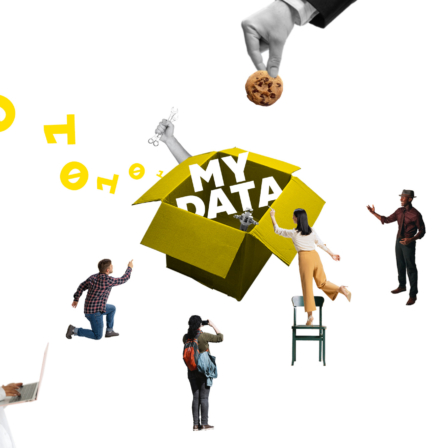
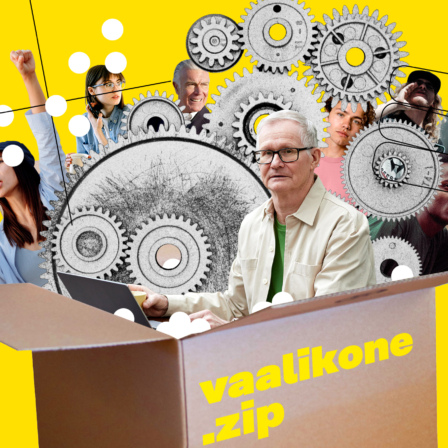





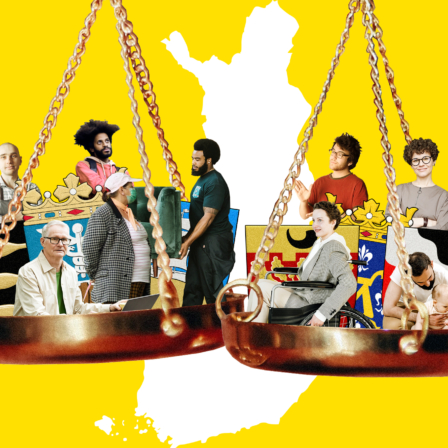

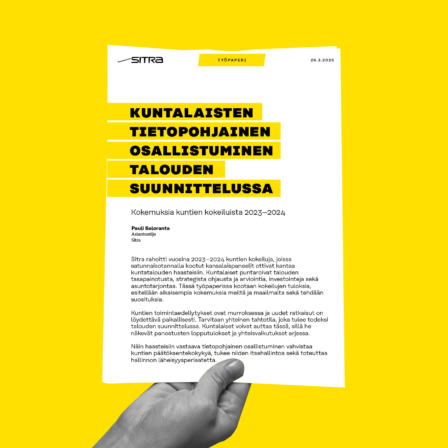


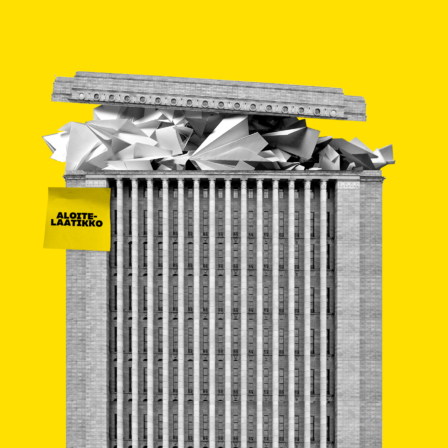

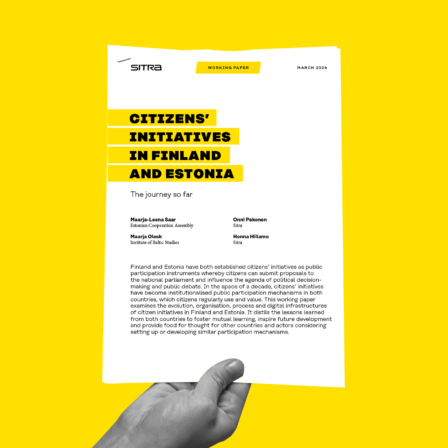
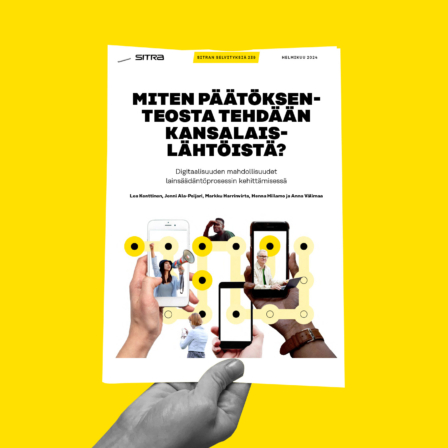


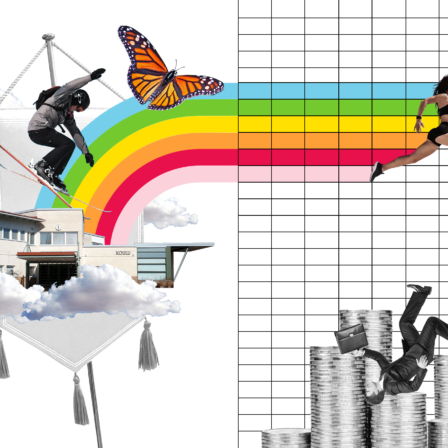
Recommended
Have some more.